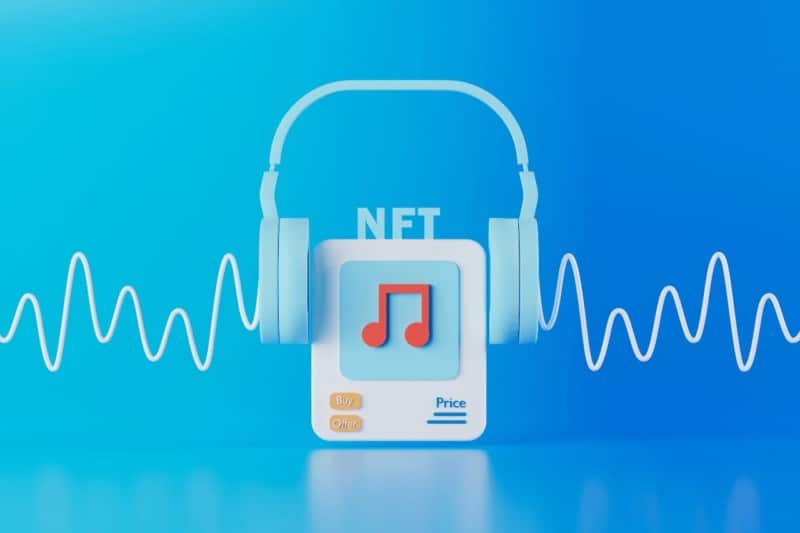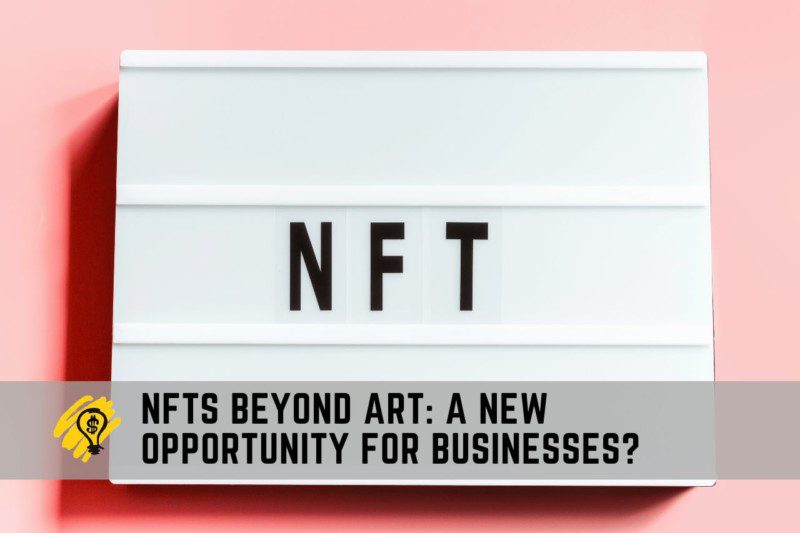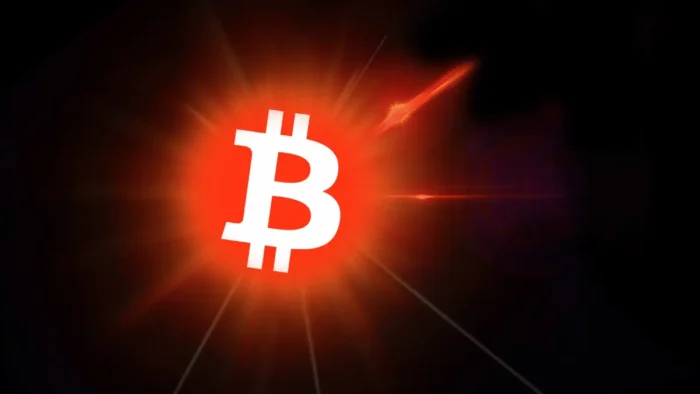In recent years we have witnessed the incredibly rapid growth of the emerging phenomenon of NFTs. From the sale of the first message ever written on Twitter (almost 3 million $) to that of the viral “Disaster Girl” meme (you’ll remember the famous picture portraying a child smiling mischievously in front of a burning house), up to the establishment of a whole museum dedicated to NFTs in Seattle: it looks like “non fungible tokens” have attracted everyone’s attention.
NFTs are unique, non-interchangeable digital tokens functioning as titles to properties that are stored on a blockchain ledger (i.e. the same technology that was introduced in 2008 to create cryptocurrencies). The main idea behind the development of NFTs is to introduce a tool capable of establishing a relationship of trust between two parties that inherently do not rely on each other, such as two businesses exchanging money for a specific digital asset. Associated to digital objects, NFTs are a practical way to guarantee the authenticity and the trackability of those.
A new and easy way to reach new consumers
Not only digital assets, but also physical objects: NFTs are being progressively used in association with objects of the real world. Start-ups such as the French Wincity, for example, saw in NFTs a new business opportunity within the real estate market. By tokenizing real estate goods (using NFT cards, each of them linked to a physical building), they allowed consumers to invest in the real estate universe through NFTs. The value of physical buildings will finally determine the potential gains that the owners of the cards can expect to get. Making available a new playground for investments such as that of NFTs means that one’s pool of targeted consumers can be considerably expanded and diversified.
Furthermore, their versatile nature makes NFTs also particularly suitable for selling complementary services: more and more small and medium-sized enterprises, for example, started to put up for sale NFT solutions offering life-long discount on the purchase of their physical products.
Suitable for different fields
In the collective imagination, NFTs are associated with the world of art and culture, but since their birth they have been able to penetrate other worlds, such as that of video games or that of luxury goods. The popular Cognac producer Hennessy, for example, sold NFTs associated with some bottles of its liquor, and many other brands very well known to the general public have been following the same trend afterwards – just think of McDonald’s trading them as if they are collectible items.
Another field which has been particularly fertile for NFTs is undoubtedly that of online gaming. The 3D virtual world browser-based platform Decentraland is just an example of the success of non-fungible tokens in the world of video games. Here, users can actively participate in the evolution of the game by expressing themselves literally on any aspect that the community considers worth of discussion, within a virtual universe where digital pieces of land can be sold at several thousand dollars. Its popularity has been often compared to that of NBA among the American basketball public.
What about online gambling? The global industry of online gambling is worth billion dollars and it is highly competitive, so we can imagine to what extent online casinos need to keep up with the times. But can NFTs be used as a payment method in online gambling? The answer is no, at least not yet. However, some casinos already started to use them in rather creative ways: for example, it is very popular to attach exclusive privileges to tokens, that function like VIP tickets offering free cashback bonuses and other benefits. It is surely too early to say if in the near future NFTs will have their place as payment methods in online casinos, most of which are already open to crypto payments – as they are synonym of quick transactions and, through the blockchain technology, can guarantee equity and transparency.
Surely most of the charm of tokens is due to their increased popularity, but it is also undeniable that they can be used in many interesting ways. They have the capability of giving a modern touch to the brands’ images, arousing the interests of consumers while keeping gaining from royalties when they are exchanged on the secondary market.

The flip side of the token: an accessible yet very demanding technology
There are various platforms that allow editing and put NFTs into circulation in a rather easy way. But the real challenge is to anticipate whether that token will be sold, where it will get its value from, how it will be promoted, what community it will target and why, etc. In a nutshell, it is very important to understand what marketing strategy to implement around that NFT. One can expect that there must be some agencies specialized in new technologies such as NFTs, and they would be right: businesses that wish to embark on a new adventure in the intricate Metaverse will find entities ready to accompany them throughout the process.
So, is it worth using NFTs if you have a business?
If potentially any business can create NFTs, why would they do that? It seems that adopting this new technology can increase the value of one’s brand, as this will start to offer and sell virtual services on an already solid and always growing market, that of collectors. Furthermore, businesses can control commissions on transactions, hence having new possibilities of getting revenues without producing physical goods.



